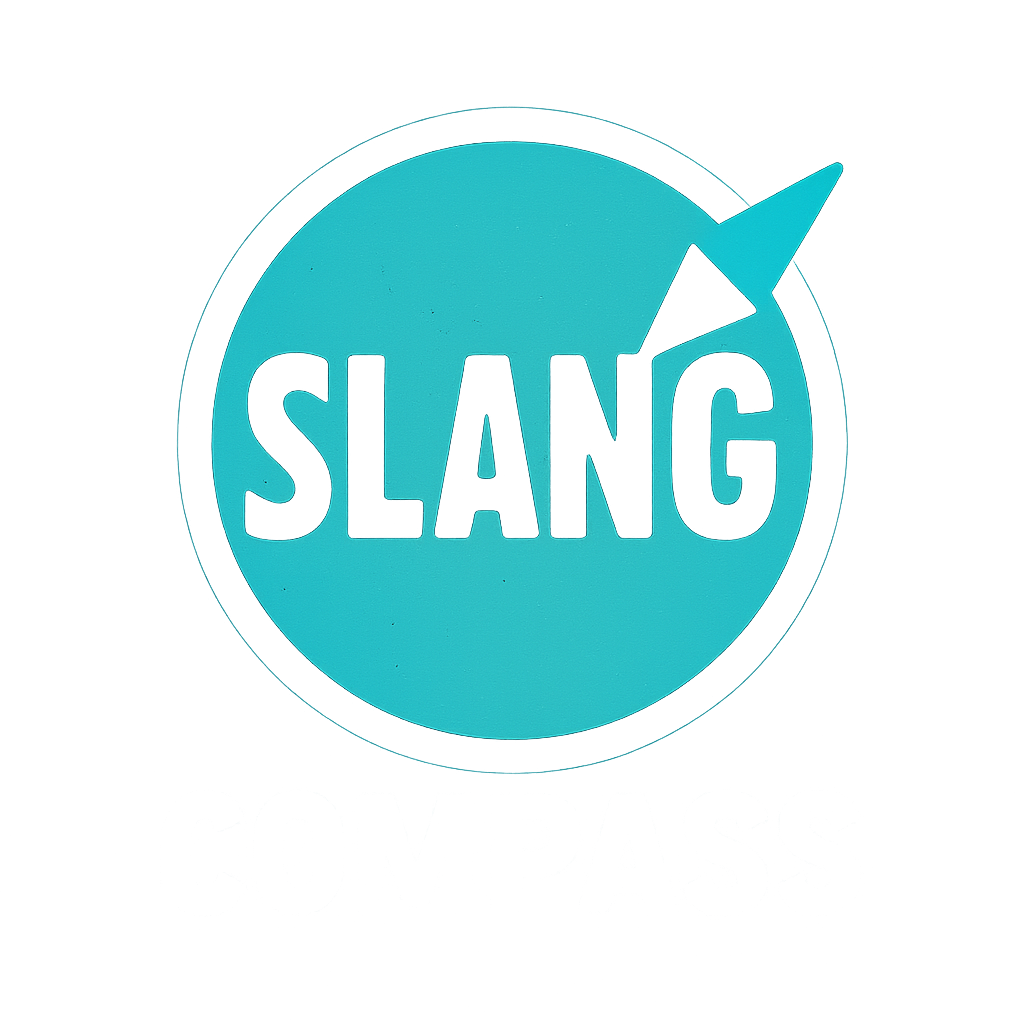What is teen slang—and why does it change so fast?
Slang shifts quickly because kids remix language where they spend time: short-form video, chats, and games. A word can start as a joke in one community and, a week later, mean something slightly different somewhere else. That’s why we keep definitions short, current, and grounded in real usage.
Curious about a term right now? Try a few that trend often:
Try these — rizz (charisma), NPC (robotic behavior trend), sus (suspicious).
How to spot meaning in context
Most slang isn’t “good” or “bad” on its own. Tone and platform matter. On Slang Compass you’ll see a simple concern label — None, Mild, or Caution — that tells you when a parent might want to check in.
- Platform: Is it from a gaming chat, TikTok, or DMs?
- Tone: Playful, bragging, or pressuring?
- Audience: Close friends vs. public comments.
Emojis that don’t mean what you think
Emojis pick up new meanings constantly. A few examples parents ask about:
- 🥶 “ice cold” (cool, unbothered) — context varies.
- 💀 often means “I’m dying (laughing)”, not literally death.
- 🗿 dry, stone-faced reaction to a cringe joke.
Not sure about an emoji combo? Search it in our Emojis topic or use site search on the Explore page.
Apps & gaming lingo
New games and features drive new slang. “Pull,” “drop,” and “grind” all began in gaming and show up in everyday chats now. Likewise, trends like NPC move between TikTok and gaming culture in days.
Safety: when to check in (the quick framework)
Use this simple read on our entries:
- None — mostly harmless or joking.
- Mild — context matters; check tone and audience.
- Caution — could signal pressure, exclusion, or risky behavior.
If you see a sudden spike in edgy slang, ask open-ended questions: “What’s the joke?” “Where’d you hear it?” Kids explain more when you’re curious, not judging.
- Rizz — flirting confidence (None).
- Skibidi Toilet — absurdist meme trend (Mild).
- Drug or self-harm coded terms — we flag these with Caution and add clear safety notes.
Get started with Slang Compass
We keep entries short, up-to-date, and parent-friendly. Each page shows a definition, examples, and a concern label. Browse the latest, or jump right to a topic that matters to your family.
